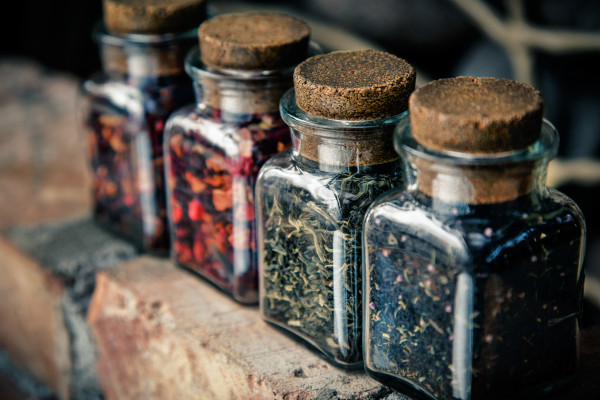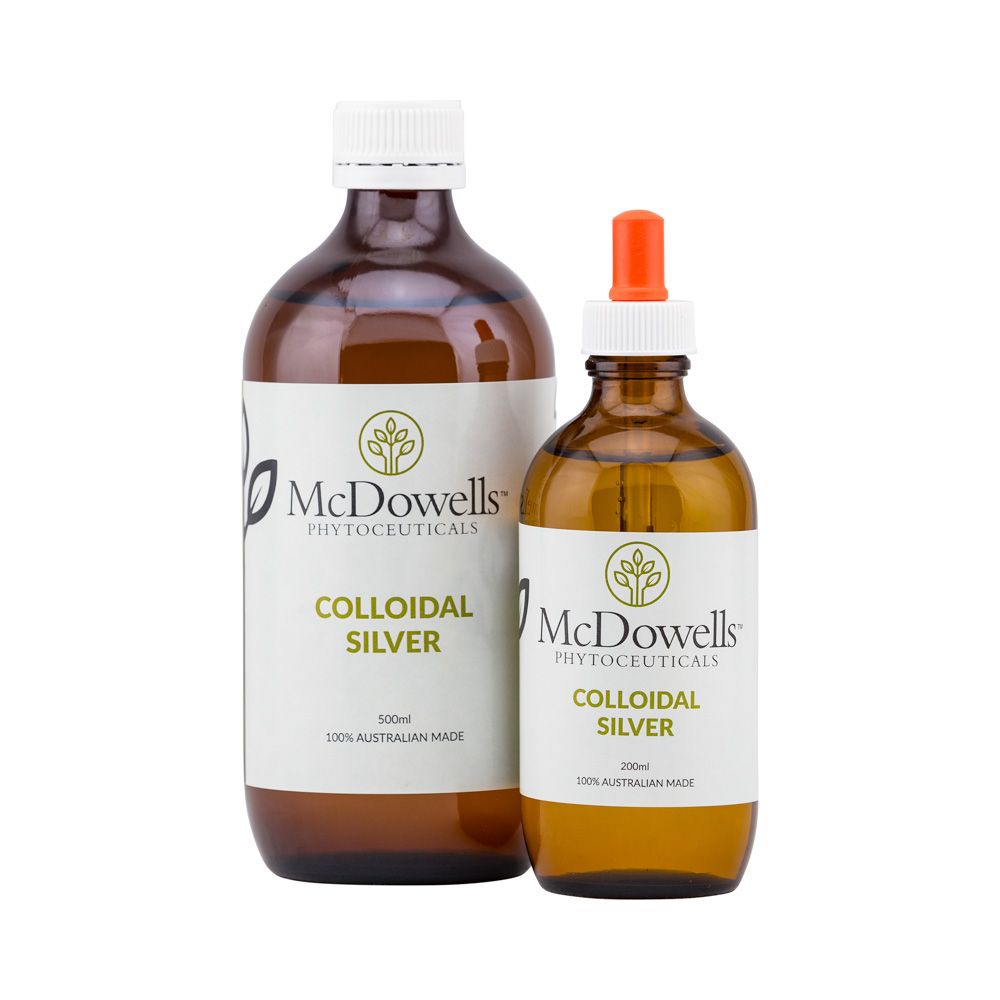When considering the use of antibiotics, and the obvious contribution that they have made to our ability to recover from life threatening infections, you would be forgiven for thinking that after they were discovered and developed into medicine we could all rest easy.
This is not the case, as we have been discovering. Antibiotic resistant infections are common place and we are seeing more of a return to the uncontrollable infection that was causing such concern before penicillin was discovered. Our bubble of security has been broken.
A challenge to conventional thinking..
In 1928, bacteriologist Alexander Fleming made a chance discovery from an already discarded, contaminated petri dish. Howard Florey and Ernst Chain were able to develop upon Fleming's findings and ultimately isolate the active ingredient, penicillin, and create pills used to fight bacterial infections.(1)
In 1922, Fleming made another important discovery, lysozyme. While working with some bacteria, Fleming's nose leaked, dropping some mucus onto the dish. The bacteria disappeared. Fleming had discovered a natural substance found in tears and nasal mucus that helps the body fight germs. Fleming now realized the possibility of finding a substance that could kill bacteria but not adversely affect the human body.(2)
CRE "carbapenem-resistant Enterobacteriaceae."
Enterobacteriaceae are a large family of bacteria that normally are carted around in your guts without causing illness. When they escape, though -- for instance, during ICU treatment -- they are a common cause of serious hospital-acquired infections. "Carbapenems" are a small group of very powerful antibiotics that are viewed as drugs of last resort, which work against infections that have become resistant to most other antibiotics. The acronym CRE indicates a group of resistant organisms that go by other acronyms -- NDM, OXA, VIM and KPC, for instance -- and that have been spreading across the globe for more than 10 years.
CREs are serious stuff: there are only a few antibiotics -- sometimes one, sometimes two, depending on the organism -- that work against them at all, and those drugs have significant problems and side effects. Broadly speaking, the emergence of CREs brings us several steps closer to the HYPERLINK "https://medium.com/@fernnews/imagining-the-post-antibiotics-future-892b57499e77" end of the antibiotic era.
A cultural pathology...
I find it interesting that what Fleming, Florey and Chain focussed on was the penicillin's power to kill, not the mechanisms behind Flemings other observation, that of the natural substance in tears and mucus that help us be immune to the germs – the evidence of a balanced and healthy system.
Their approach (this is also modern medicines approach) assumes that we must isolate, fight, dominate and kill something in order to defend our self against the bigger infection that threatens to consume the organism that is being overwhelmed. This thinking sits really comfortably with a culture that believes that the only way to achieve something is by force. A warlord mentality that has infiltrated the deepest of thinkers.
There was no suggestion that anything else could be considered - i.e the idea of supporting an already established system to be even stronger seems logical now, but not back then.
I feel that the reason for this was because the thinking at the time was a focus on war, invasion, power and money. The Domination (3) model of existence that we accept blindly as the 'Human Condition'.
A herbalists approach.
Compare the organic development of Herbal Lore, to the thinking behind the scientific modelling which is based on the "Dominator" cultural paradigm. Medical Science is determined to try to find the "absolute fixed" answer in an environment that is by nature evolving and changing every moment.
Herbal medicine is steeped in history, and has endured the ages. Most assume that this is because humans did not have technology to understand things as we do now, and so the thinking associated with herbs is made up, or magical, and is pure mythology. The idea of evil witches tricking folk (Herbalists/Shamans and usually women!) is still widely promoted historically, a history seen through the lens of the dominator culture.
The fact is that herbs are still being used is because they work. And the prescribing of herbs comes from an enduring philosophy that encompasses a true science, a science of repeatedly observable and experienced outcomes.
Organic systems behave in a particular way. They are self organising, self regulating and harmonious when healthy. The only time that conflict arises is when there is a serious imbalance. This results in the system responding – and it is the systems capacity to respond appropriately is the key..
What Herbalists use...
There are plenty of herbs that Herbalists use to support the healing of a diseased organism. Helping the organism deal with an infection is no different than helping the organism manage any other illness or imbalance.
Herbalists will often use the term 'blood cleanser'. What we are referring to is a class of herbs called alteratives which are particularly high in iron and sulphur and work to support the blood in a number of ways.
The idea that the organism is a balanced eco-system that can get overwhelmed with toxic material is not new, but what we now know is that this toxicity is happening even when we can't see the obvious effects. The metabolism is generating waste all the time, and we know that the immune system is helping the body clean up..But if no one is taking out the trash, then pretty soon the system becomes overloaded, toxic and you become susceptible to invading pathogens.
Alterative herbs are used to clean the system - encourage elimination of metabolic waste as well as support the metabolic functions.
This stimulates the immune defences, enabling the natural healing of the system to come back into balance.
Some common herbs I use for this purpose are:
Garlic, Echinacea, Nettle, Violet Leaves, Horseradish, Horsetail, Red Clover and Rosehips, St Marys Thistle and Golden Seal
This list is by no means a recipe for an herbal antibiotic, it is a list of supportive herbs to promote elimination, as well as nourish the system.
Using herbs with prescribed Antibiotics.
One of the benefits of being in full time practice for people and animals is the fact that I am working with Vets and Medical Physicians regularly. Prescribing herbs whilst patients are on medications is common place, and I have prescribed alterative herbs for all kinds of frustrating stubborn MRSA (Multi Resistant Staphylococcus aureus), as well as generalised infections with repeated success.
My experience shows me the value of using the alterative herbs along side antibiotics to achieve the quickest and best results.
In many cases, if antibiotics have been repeatedly used with no result you start to overload the system with even more problems. This is where the herbs can help to turn things around.
Modern Science can actually enhance the use of herbs and give us confidence if we are just starting out and rediscovering the powerful effects of herbal medicine.. but in reality, the true use of herbs lay in the art of prescribing, the skilful practitioner utilising the herbs only after discussing as broadly as possible the individual issues in order to match the herbs appropriately.
References:
http://www.about.com-
Microbewikki
Raine Eisler – Chalice and the Blade



